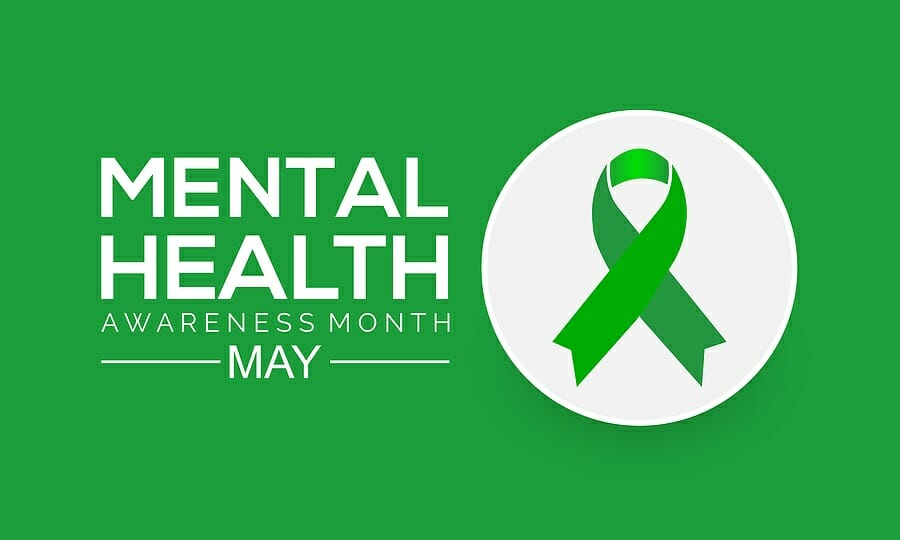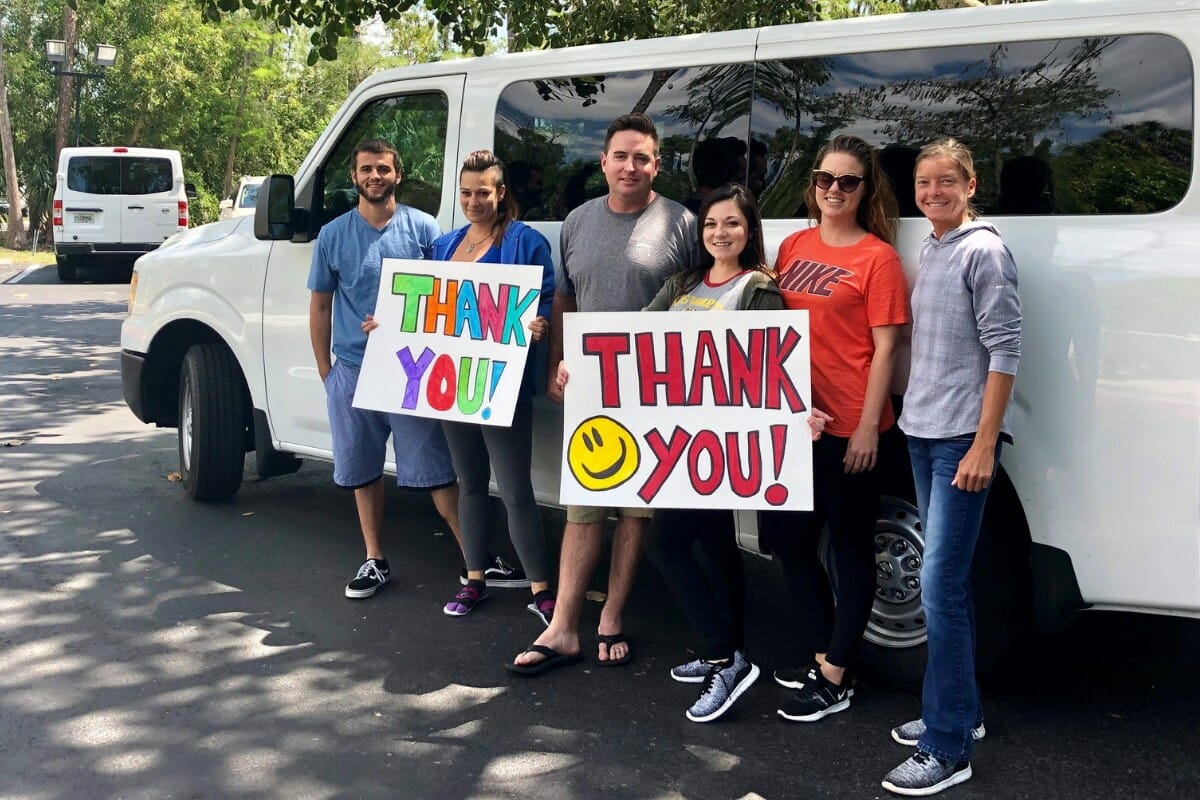
Children’s Community Action Team (CAT) Funding Secured, Program Enhanced
Thanks to a boost in funding from the state of Florida championed by longtime mental health advocate Representative Matt Hudson and approved by the Florida legislature, this month the Children’s Community Action Team (CAT) will enhance and expand services to families in need in our community. After an extremely successful pilot conducted over the last year in 10 communities including Collier County, the state legislature voted to make the funding and the program a permanent part of the budget, increase the annual support for the program to $750,000 and add more teams throughout the state.
The family-centered intensive mentoring and treatment program gives children ages 11-21 with serious mental health disorders a new lease on life. The program is designed as a cost effective way to divert at-risk youth from the child welfare system, juvenile justice system and restrictive institutional care.
The multidisciplinary treatment team consisting of a psychiatrist or nurse practitioners, nurses, clinicians, case manager and mentors delivers comprehensive services using a family-centered treatment model that promotes family wellness, stability and collaboration with social services agencies. This integrated team provides 24-hour on call family support including psychiatric medical services, coaching, co-occurring mental health and substance use treatment, individual and family therapy, crisis intervention, respite care, mentoring, advocacy, transportation, alternative services to support wellness and community resource coordination. Therapeutic services focus on parenting skills, behavior modification and social skills development. Services are community based, with most occurring in the home and school.
The increased funding will support an expansion to the team to help lower the caseload per clinician. In addition, more evidence based practices such as dialectical behavioral therapy and other enhanced services will be introduced to offer more specialized support and treatment services to the 60 children and their families enrolled in the program.
Children are considered for the program on a case by case basis and are hand selected by the treatment team based on certain clinical criteria – including being unsuccessful in less intensive treatment programs. Referrals can come from a variety of sources including parents, hospitals, the juvenile justice system, schools or physicians.
Jul 02, 2014 | News



